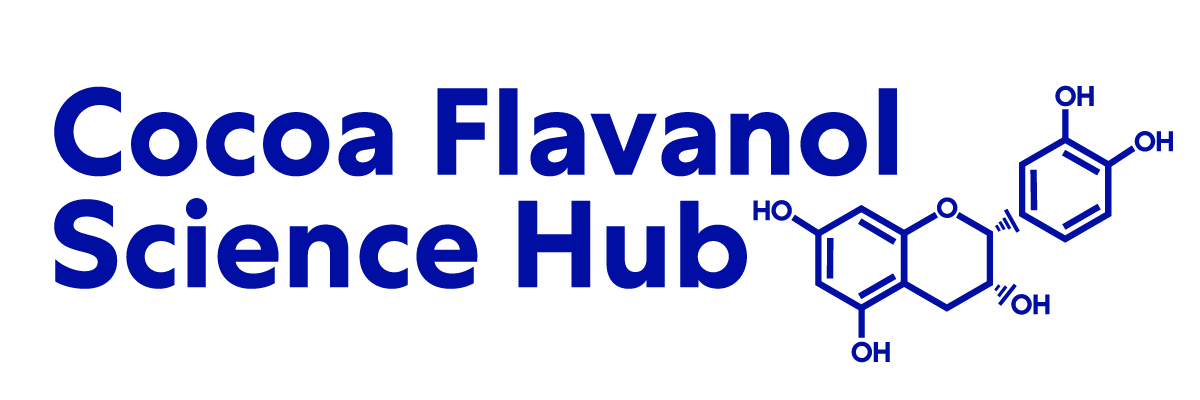(-)-Epicatechin effects in rat liver epithelial cells: stimulation of gap junctional communication and counteraction of its loss due to the tumor promoter 12-O-tetradecanoylphorbol-13-acetate.
Gap junctional intercellular communication (GJIC) is a direct signaling pathway for neighboring cells. Disturbances in GJIC are suggested to play a role in carcinogenesis and may be involved in cardiac arrhythmia. Tumor promoters like 12-O-tetradecanoylphorbol-13-acetate (TPA) are capable of inhibiting GJIC, whereas GJIC is stimulated by several micronutrients like genistein, retinoids or carotenoids. (-)-Epicatechin (4-40 microM), a major flavonoid in cocoa and green tea, exhibited stimulatory effects on GJIC in WB-F344 rat liver epithelial cells after 24-72hr of incubation; no change was observed after 90 min. However, treatment of cells for 90 min with TPA (5 or 10nM) led to complete loss of GJIC, whereas 40% loss was found with 1nM. These inhibitory effects of TPA were largely suppressed when (-)-epicatechin or genistein (40 microM) were present during the incubation. In communicating WB-F344 cells, most of the major gap junction protein connexin43 (Cx43) was located in the plasma membrane. When the cells were exposed to TPA, considerably less protein was found in the membrane. Such a delocalization of Cx43 proteins was not observed when TPA was coincubated with the flavonoids, (-)-epicatechin or genistein. It is concluded that TPA affects Cx43 trafficking between cellular compartments, and that this effect is counteracted by (-)-epicatechinor genistein.
See the Full Study > (opens in a new tab)









